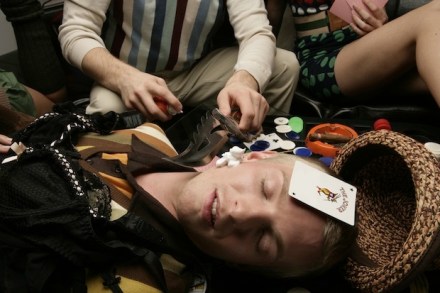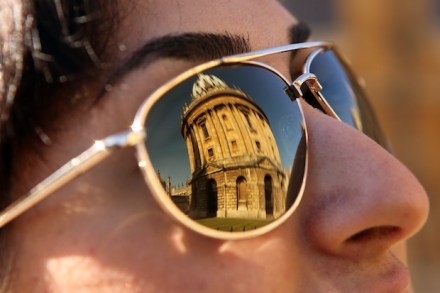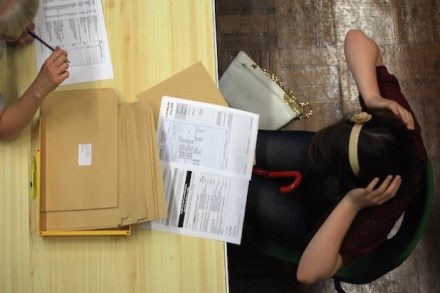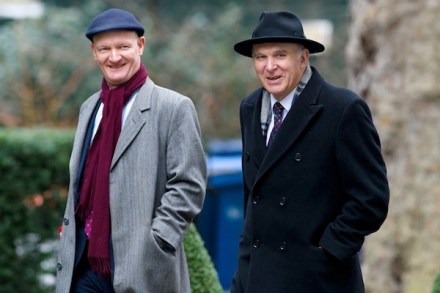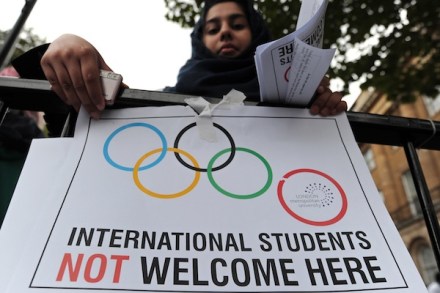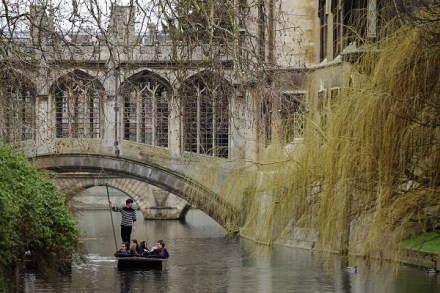Haunted by Facebook, students can’t now reinvent themselves at university
My mum had a friend at university who had been called ‘Pudding’ at school. They’d sometimes be walking down the street, and someone who had known the now-svelte adult as a chubby 13-year-old would say ‘Hello, Pudding’. As I get ready to start at university myself in October, it’s in the knowledge that my schoolgirl self will be even harder to escape. Reinventing yourself at the end of sixth form was once a time-honoured rite of passage, hindered only by a few easily avoided old acquaintances. In Brideshead Revisited, Charles Ryder frees himself from the self-consciously serious circle of his school days with relative ease: ‘At Sebastian’s approach these grey
